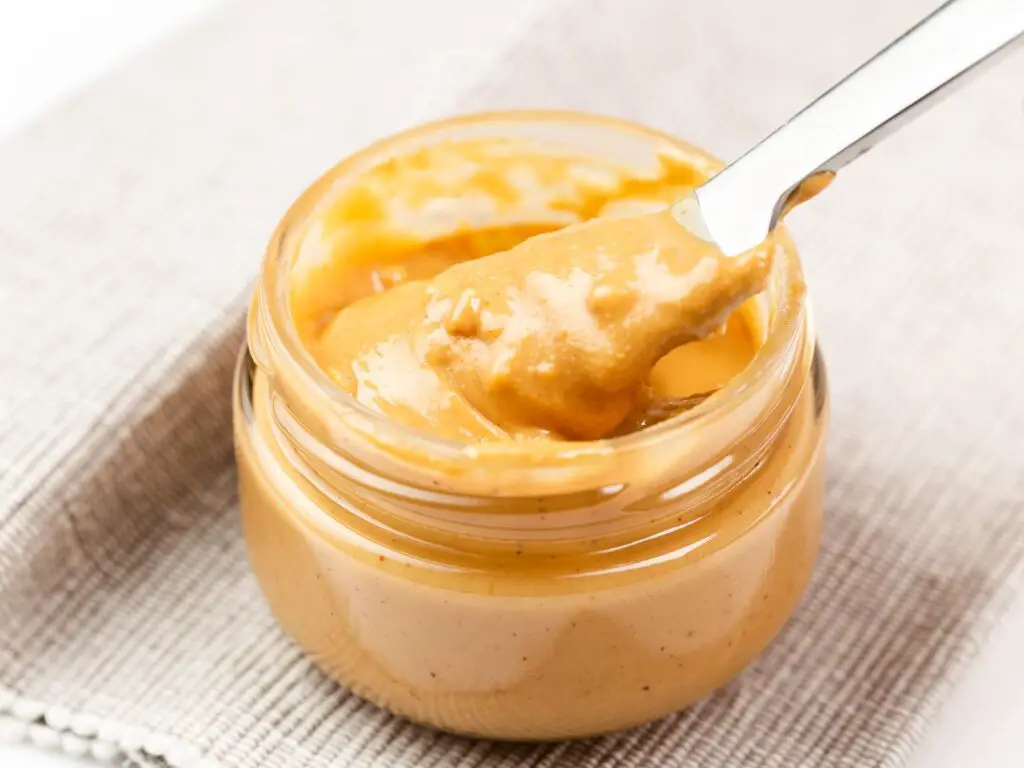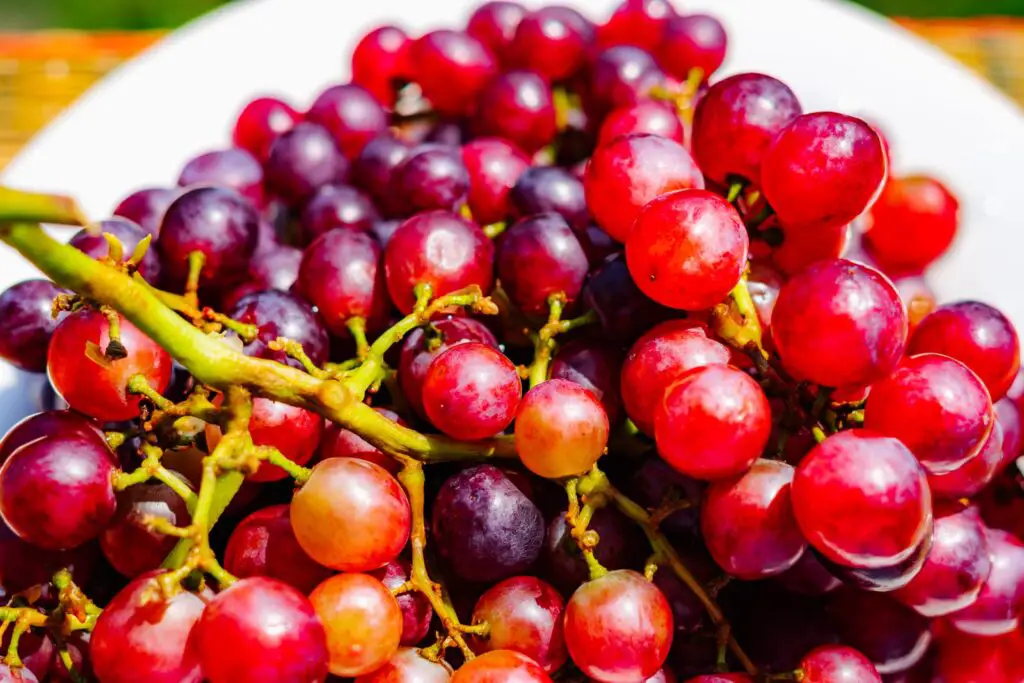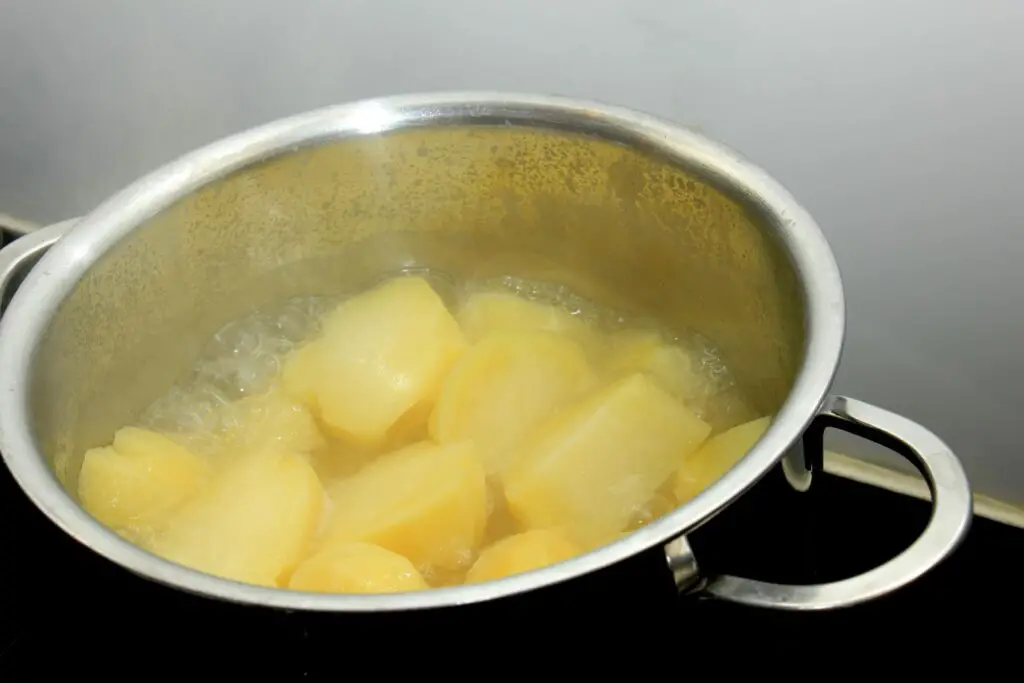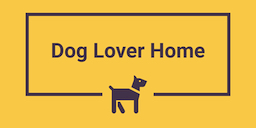As dog owners, we often encounter situations where our furry companions beg us for treats. Those pleading big eyes and wagging tails can be hard to resist, but it’s important to understand that not all human foods are safe for our canine friends.
Some foods can be completely dangerous, while others can be enjoyed in moderation as a special treat. In this article, we’ll explore 15 common foods and determine if they are safe or harmful for your beloved canine companion.
Foods dogs can eat
1. Carrots
Carrots are an excellent source of fiber, vitamins and minerals for dogs. These crunchy orange vegetables are low in calories and can help keep your pup’s teeth clean and vision sharp. The beta-carotene in carrots is also good for the skin and coat. However, be sure to cut them into bite-sized pieces to prevent choking hazards, especially for smaller breeds.
2. Apples
Apples are a great snack for dogs, as long as you remove the core and seeds, which contain traces of cyanide. The pulp of the apple provides fiber, vitamins A and C, and antioxidants that benefit your dog’s overall health. Just be aware of the sugar content and feed them in moderation.
3. Cooked Chicken or Turkey
Lean, cooked chicken or turkey meat without seasoning or bones is a healthy source of protein for dogs. It’s great for adding some variety to their diet or as a special treat. Avoid giving them skin, as the high fat content of skin can lead to pancreatitis, a potentially life-threatening disease.
4. Peanut Butter
Peanut butter is a delicious treat that most dogs go crazy (pun intended) for. However, be sure to choose a salt-free, natural variety that doesn’t contain artificial sweeteners that can be toxic, such as added sugar or xylitol. A spoonful of peanut butter is also a great way to disguise medications or supplements for your furry friend.

5. Green Beans
Green beans are a nutritious, low-calorie snack for dogs. They’re full of vitamins, minerals, and fiber, making them a great choice for dogs on weight loss diets or those who need a little extra roughage in their lives. Plus, they’re crunchy and satisfying to chew!
Foods dogs can’t eat
1. Chocolate
Chocolate is a major no-no for dogs. It contains theobromine and caffeine, which are toxic to our furry friends and can cause vomiting, diarrhea, seizures, and in severe cases, death. The darker the color of the chocolate, the higher the concentration of these harmful substances. It’s best to keep all forms of chocolate out of reach of curious dogs.
2. Onions and Garlic
Onions and garlic belong to the allium genus and can cause anemia and damage red blood cells in dogs, leading to life-threatening complications. Even small amounts can be harmful, so it’s best to avoid feeding them anything with these ingredients, including dressings, sauces and leftovers.
3. Grapes and Raisins
Both grapes and raisins can cause kidney failure in dogs, even in small amounts. The exact toxins are unknown, but it’s not worth the risk. Keep these fruit snacks away from your pup and be extra vigilant during holidays like Thanksgiving and Christmas when they may be more accessible.

4. Macadamia Nuts
Macadamia nuts contain an unknown toxin that affects a dog’s digestive and nervous systems, causing vomiting, weakness, and hyperthermia (elevated body temperature). Even a small handful can be dangerous, so it’s best to keep these nuts out of reach and avoid any baked goods or snacks that contain them.
5. Xylitol
Xylitol is an artificial sweetener found in many sugar-free products, including gum, candy and baked goods. It causes a rapid release of insulin in dogs, leading to potentially fatal hypoglycemia (low blood sugar). Be vigilant about checking ingredient labels and keeping any products containing xylitol out of your dog’s reach.
Foods to feed in moderation
1. Cheese
While cheese is a tasty treat for dogs, it should be eaten in moderation due to its high fat and salt content. Choose low-fat varieties such as cottage cheese or mozzarella and limit portion sizes to avoid digestive problems or weight gain. Cheese can also be a useful tool for hiding medications or supplements in a tasty, irresistible package.
2. Bread
Plain, unseasoned bread is usually safe for dogs in small amounts, but has very little nutritional value. Avoid bread that contains raisins, nuts, or other potentially dangerous ingredients. Bread that is not fresh may also pose a choking hazard, especially for smaller breeds, so it is best to cut it into bite-sized pieces.
3. Hard-Boiled Eggs
Hard-boiled eggs are a good source of protein for dogs, but avoid feeding them raw eggs as they can contain bacteria such as salmonella. Scrambled or hard-boiled eggs are both delicious and nutritious, but be aware of the added fat and calories if your pup is prone to weight gain.
4. Boiled Potatoes
Plain boiled potatoes without added butter, salt or other flavorings can be a healthy snack for dogs. However, avoid feeding them raw potatoes or potato skins as they are difficult to digest and can cause gastrointestinal distress. Sweet potatoes are also a good choice as they are rich in vitamins and fiber.

5. Cooked Rice
Plain, cooked white or brown rice can help ease your dog’s upset stomach. It’s easy to digest and is a great way to supplement your pup’s diet when he or she isn’t feeling well. However, it should be eaten in moderation as it lacks essential nutrients and can lead to weight gain if eaten in excess.
Conclusion.
Knowing which foods are safe and unsafe for your dog is vital to their health. While certain human foods can be enjoyed in moderation as specialty foods, others should be strictly avoided to prevent potentially life-threatening consequences.
If you have any questions about your dog’s diet or suspect they are ingesting harmful substances, always consult your veterinarian. By being mindful of what we feed our furry friends, we can ensure their health and happiness for years to come.
Remember, dogs are part of our family and it is our responsibility to provide them with a balanced, nutritious diet based on their specific needs.
With a little knowledge and care, we can share special treats with our beloved companions while keeping them safe and healthy. So the next time those puppy eyes are begging for a bite, you’ll be ready to make an informed decision about what’s really best for your furry friend.

